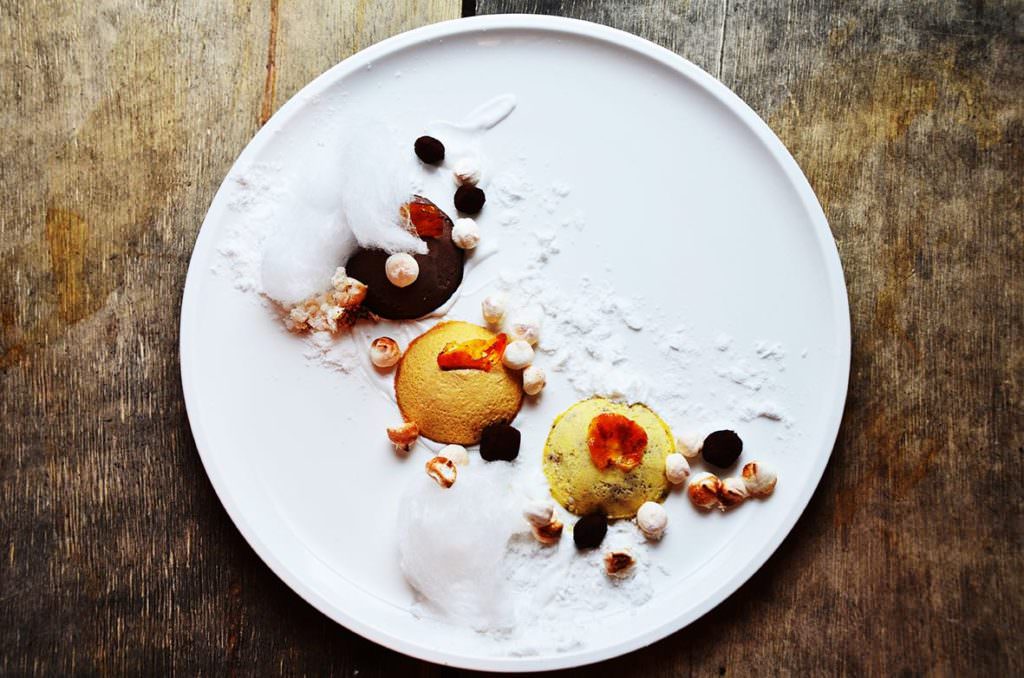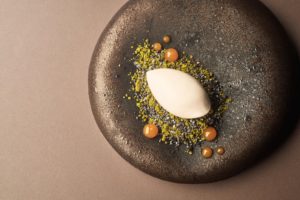Luxury in gastronomy is based today on several criteria: the quality of the product, the Chef’s gesture, the rarity of creation, the innovation… When we talk about plants, the association with luxury does not happen immediately. And yet, it would not take much for the Chefs to make plant-based luxury their own.
The good
A plant-based dish does not always taste good. From their traditional dish, Chefs often remove the animal protein which remains the main basis of their work, leaving only vegetables that are often poorly adapted.
A plant-based dish must be tasty and healthy. It should be consistent in enough quantity, greedy for the pleasure of eating, and nourishing to keep anyone satisfied.
The challenge is therefore to have a good understanding of the products used in plant-based cuisine in order to create the right associations, to appropriate plant proteins to learn how to work with them and to broaden one’s nutritional knowledge to find out what is really good for the health. It is with these new reflexes that Chefs will be able to succeed in the challenge of bringing good taste to a plant-based dish.
The beauty
The beauty only comes after the good, insofar as it sublimates what is already good. Everyone knows that eating is also a pleasure for the eyes.
In this respect, the Chef’s gesture is important. The way in which he will arrange the elements on the plate, the associations of textures and colours. The artistic touch will highlight the whole and embellish the dish.
In plant-based cuisine, you can use precious products such as truffles, saffron, lemon caviar, morels, yuzu, etc. Products that easily give a dish a touch of elegance and refinement. Many plant-based products are still ignored or forgotten by Chefs. Yet they are a real gold mine to give pride of place to a plant-based dish and make it luxurious.
Respect for the living
A good and beautiful dish is what everyone is looking for. Very selfishly, we tell ourselves that this is enough to eat well by calling all our senses and to stay more or less in good health.
Wouldn’t luxury be to go a little further and also encourage respect for the living? Wouldn’t it be to have a global ethical approach that respects humans and animals?
Promote the work of humans and the land, encourage hand harvesting, refuse animal exploitation, from the product to the plate, choose vegetable proteins to seriously reduce the environmental impact … By respecting the living, we respect ourselves. Because humans are indeed part of the equation.
So shouldn’t we question ourselves more about our responsibilities, take the time to look for the necessary answers to the challenges of our society, become a key element in understanding what is happening and transmitting new values?
Finally, true luxury is perhaps not necessarily where we think it is.
The great luxury in gastronomy would undoubtedly be that Chefs provide access to something that seems inaccessible today. Yet it is already within their reach.
Translated by Malvika Kathpal





